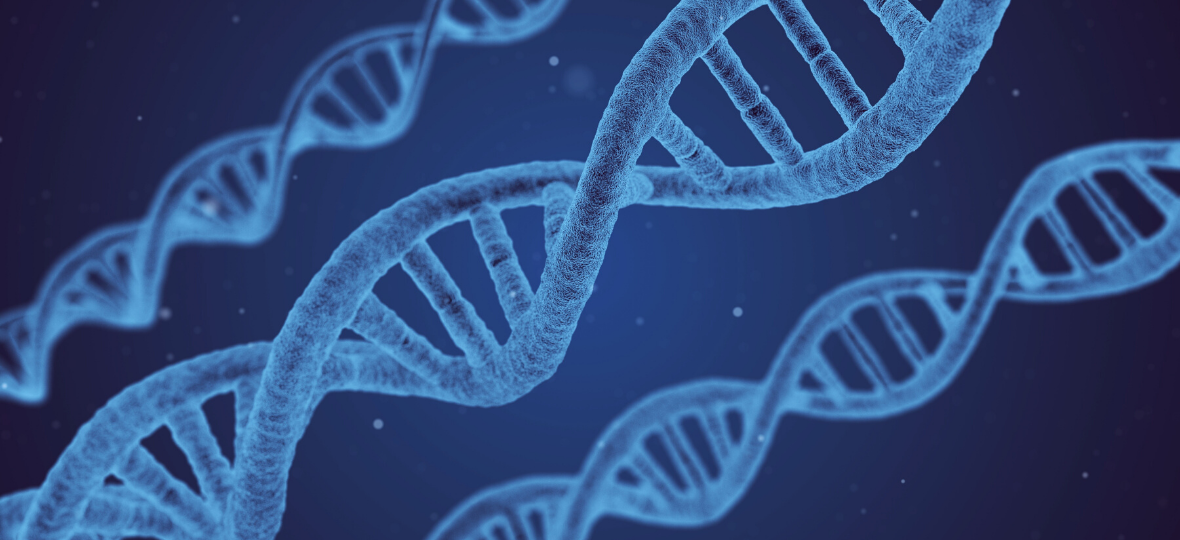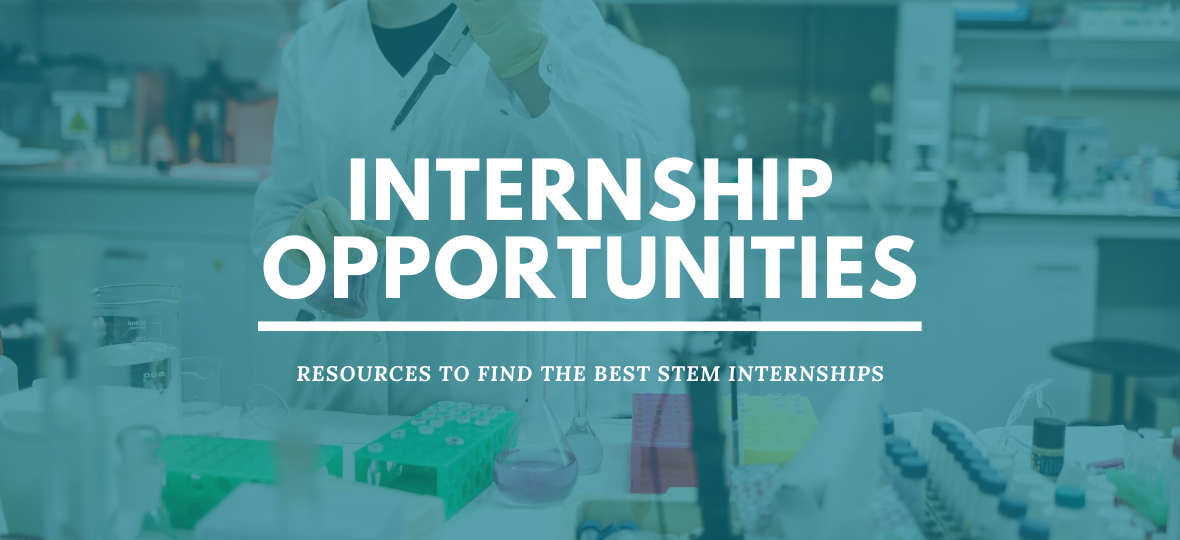I do a series on Instagram called Tox Talks Tuesday where I explain toxicology concepts, and just science in general. Recently, a lot of these posts have covered COVID-19. In particular, today’s post discussed briefly about how your genetics can influence your susceptibility to COVID-19 symptoms. However, due to Instagram’s tiny word limits on captions, I wanted to expand it into a full article.
Obviously, COVID-19 didn’t magically go away at the start of the year. The news is still chocked full of pandemic updates – and rightly so as the US has officially surpassed 350k lost souls (as of January 3, 2021). What is even more frightening is that we won’t start seeing the ‘true’ holiday impact until mid-January (roughly two weeks after New Years). Pair the increased cases with facilities and labs playing catch up after being closed and we have a recipe for even more spread.
But after hearing about the pandemic every day for the last year, a lot of people I know are suffering from pandemic fatigue. People are tired of all the precautions and restrictions. What is more, unless you have had a friend or loved one struggle or pass away from COVID-19, many people are confused that most infected never even know their sick. In fact, the CDC currently estimates that 40% of infections are asymptomatic (1).
Studies are ongoing to understand why some people are fine while other end up in the ICU. And believe it or not, your genes might have something to do with it.
DNA: The Molecule of Life
All living things rely on DNA as their genetic material to survive. DNA stands for deoxyribonucleic acid and is composed of chemical building blocks called nucleic acids. All together, DNA acts as the instructions to build proteins which in turn dictate the structure and function of the body (2).

In eukaryotes like humans, cells package the DNA strands by winding them up with other proteins (called histones) really tightly to form chromosomes. This helps the cell keep the DNA safe as well as to regulate which sections of DNA can be accessed and when (think of it like a filing cabinet). Sections of DNA that encode for a specific protein are called genes. These genes encode for everything including eye color, height, etc.
But, every person doesn’t have the same exact genes. We have what are called variants which are slight differences in genes that change exactly what they encode for. This is why some people have brown eyes and others have blue. These variants sometimes aren’t important meaning they don’t cause any harm. However, other times these variants can be dangerous and cause health effects.
Not only does DNA contain all the instructions for the structure and function of the body, but it is also what is inherited by offspring. Therefore, all the DNA you have is dependent on the DNA of the generations before you. Just like they say – you can’t pick your family, you also can’t pick your genes.

Your DNA and COVID-19
Scientists have been trying to identify reasons why people are affected so differently by the SARS-CoV-2 virus. One possibility is that certain gene variations may make someone more susceptible to developing severe or life threatening symptoms (3). At this point there are numerous studies published investigating this idea, but I wanted to highlight a few of them and give some examples.
A study published by “The Severe Covid-19 GWAS Group” in the New England Journal of Medicine sought to investigate potential gene variants related to the development of respiratory failure in COVID-19 patients (4). Their study, which used samples from 1980 Italian and Spanish patients with COVID-19, identified two possible markers of susceptibility. The first marker was found in the ABO gene which encodes for blood type. This is interesting due to other studies that claim to have correlated blood type with COVID-19 susceptibility (although currently there is not enough peer-reviewed evidence of blood type being a risk factor). The second marker was found in a stretch of chromosome 3. Interestingly, these two markers were also identified by scientists from the 23andMe DNA testing company (5)!
A more recent study published in December of 2020 by Pairo-Castineira et al. in Nature dived further into these findings (6). In the study, the researchers looked further at the site identified on chromosome 3 as well as other potential variants throughout the genome. What they found was that region of the chromosome encodes for a variety of interesting and related genes. One gene, IFNAR2, encodes for a receptor that is responsible for starting the immune defense when a virus invades the cell. They found that a variant of the IFNAR2 gene, which is found in 1 in 4 Europeans, raised the risk of severe COVID-19 symptoms by 30% (3).
Other finds from the Pairo-Castineira et al. study include:
- The OAS gene which is responsible for making a protein involved in breaking down viral RNA.
- The TYK2 gene which codes for a protein involved in inflammation.
- The CCR2 gene which encodes for a receptor for cytokines that also have roles in inflammation.
So What?
But if you have no say in your genes, how are these studies useful when it comes to understanding COVID-19? Well, it’s because these variants identified to be associated with critical illness can actually be targets for the development of new drugs to treat COVID-19. They can also help to identify existing drugs that may help. For example, baricitinib is a drug on the market for arthritis that blocks the protein being made by TYK2. If a variant of TYK2 is involved in severe COVID-19 cases, maybe that drug could be used for those patients (7).
Although genetic risk factors may not be the greatest underlying factor for COVID-19 infection severity, their discovery can hopefully help scientists understand the disease better and create better treatments.
Some Helpful Sources:
- Genome wide association, The Severe Covid-19 GWAS Group, 2020 – here
- Genetic Mechanisms of COVID-19, Pairo-Castineira et al., 2020 – here
- Genetic risk factors from Neanderthals – here
- The COVID Tracking Project – here





Leave a Comment